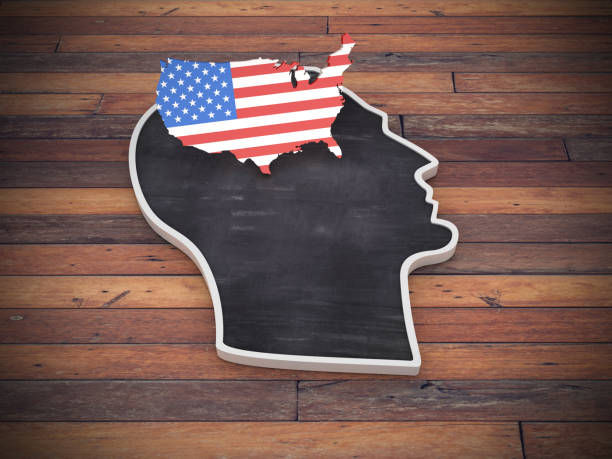The Dangerous Rise of Anti-Intellectualism in America
- Brainz Magazine

- Sep 3, 2025
- 3 min read
Updated: Sep 4, 2025
Written by Karl A. Cassell, Executive Leader
Karl Cassell is a passionate advocate for systemic change. He combines his expertise in leadership, entrepreneurship, and spiritual matters to inspire meaningful action on critical social issues such as poverty, education, and racial equity.

Anti-intellectualism is no longer a quiet undercurrent in American life, it’s a wave sweeping across the nation. From school board meetings where books are banned, to political rallies where scientists are mocked, to social media feeds where misinformation spreads faster than fact-checks, we are witnessing a deliberate cultural shift away from reason, evidence, and critical thought.

It might look like harmless frustration with “elites” or experts, but history teaches us that anti-intellectualism is not just ignorance. It’s a tool. It weakens the public’s ability to think critically and, in turn, paves the way for greater control by those in power.
Simplifying a complex world
Modern problems, such as climate change, global economics, and artificial intelligence, are enormously complex. Yet complexity doesn’t sell. Politicians and media personalities have realized that it’s easier to win loyalty by attacking experts than by wrestling with nuance.
When Dr. Anthony Fauci was turned into a cultural enemy during the pandemic, it wasn’t just about public health. It was about power. By convincing people that scientists couldn’t be trusted, leaders created a vacuum where they could insert their own narratives, no matter how baseless.
This trend is everywhere. School curricula are attacked not for being inaccurate, but for being “too woke.” Economic realities are brushed aside in favor of slogans about “draining the swamp” or “fighting the elites.” Expertise, once a source of guidance, is framed as manipulation.
The slippery slope of anti-intellectualism and its path to control
Anti-intellectualism might feel like empowerment: “I don’t need experts to tell me what to think.” But in reality, it’s disempowerment. When people stop demanding evidence, they surrender their ability to challenge authority.
Look closely, when leaders say, “don’t trust the media”, they are really saying, “only trust me”. When they say “don’t trust educators”, they are saying, “only I can shape your children’s worldview”. It’s not liberation, it’s consolidation of power.
History gives chilling examples. Hitler burned books, Stalin purged academics, and Mao weaponized the Red Guards against intellectuals. Each time, anti-intellectualism smoothed the path for authoritarian rule. America is not immune.
Democracy on thin ice
Democracy requires informed citizens who ask hard questions. Without that, elections become popularity contests, policy debates become shouting matches, and truth itself becomes optional.
When facts are relative, leaders don’t need to justify themselves. They can rule by emotion such as fear, anger, resentment. This is already visible in our fractured media landscape. Millions now live in echo chambers where conspiracy theories about vaccines, elections, or immigration replace evidence.
And make no mistake, a population that cannot tell fact from fiction is far easier to control.
Fighting back
The response cannot be elitism; sneering at “the ignorant masses” only fuels the fire. The answer is engagement. Experts must communicate clearly, showing how their knowledge improves daily life. Citizens must take responsibility to think critically, verify sources, and resist the temptation of easy answers.
It also means defending institutions such as schools, libraries, universities, and a free press that make informed citizenship possible. Book bans, attacks on teachers, and efforts to discredit journalism are not isolated skirmishes. There are battles in a larger war over whether truth and knowledge will remain the foundations of our democracy.
Anti-intellectualism is not just a cultural quirk. It is a strategy. It makes people easier to manipulate, easier to control, and easier to divide. The United States now faces a choice, "will we nurture a culture of curiosity, reason, and truth, or will we slide further into an age where feelings eclipse facts and authority demands blind loyalty?"
Because history is clear, once anti-intellectualism takes root, the next step is not freedom, it’s control.
Read more from Karl A. Cassell
Karl A. Cassell, Executive Leader
Grounded in faith, Karl Cassell is a seasoned executive leader with over 20 years of experience in nonprofit and government sectors, focusing on social justice, poverty alleviation, education, and racial equity. As an entrepreneur, published writer, and public speaker, Karl advocates for systemic change and works to build sustainable solutions through collaboration with governments, organizations, and businesses to create economic opportunity and social inclusion.


.jpg)






